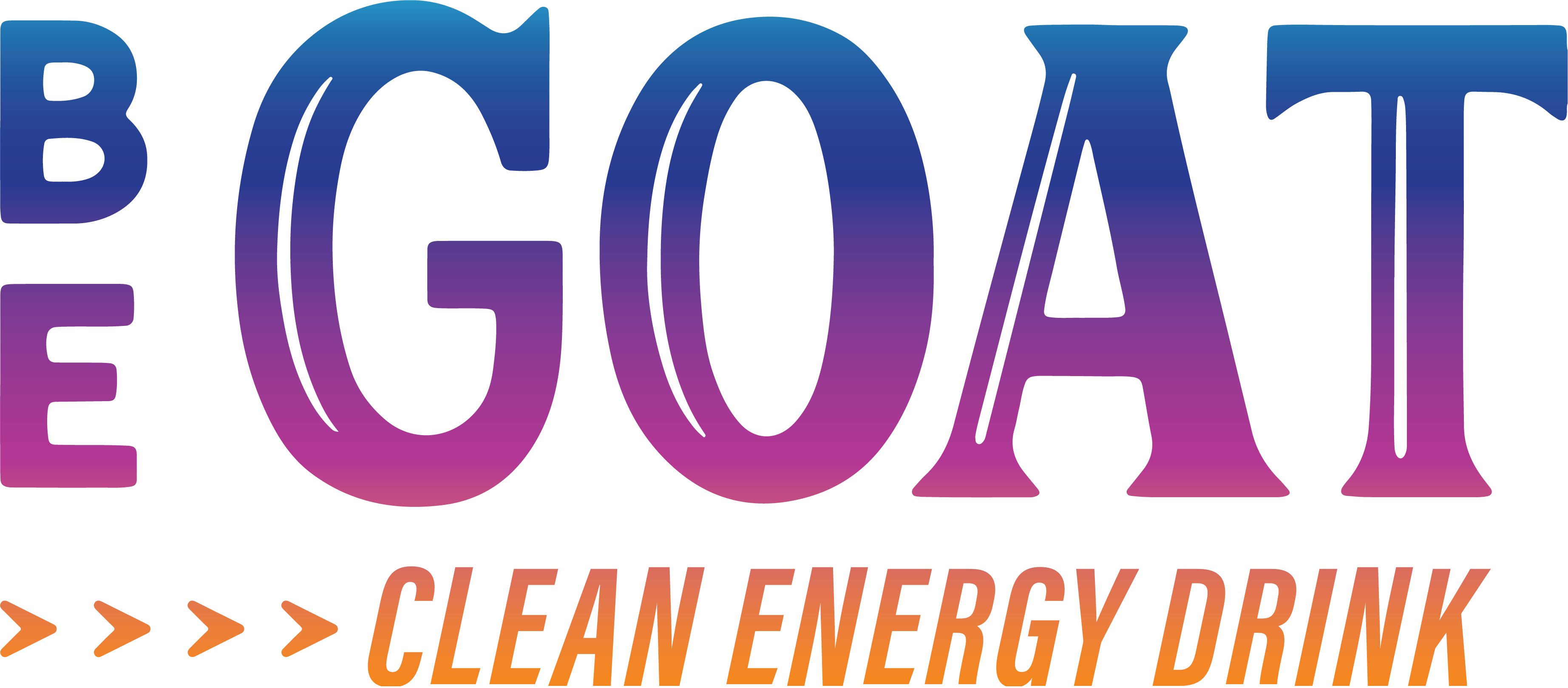In recent years, the energy drink market has exploded with options catering to a wide range of lifestyles—from athletes and gamers to busy professionals and students. One trend that’s gained serious momentum is the shift toward zero-sugar or low-calorie energy drinks, many of which use artificial sweeteners like sucralose to maintain flavor without the calorie load.
But what is sucralose, and what role does it play in energy drinks? Are these drinks a smarter choice for your health, or do they come with hidden risks?
Let’s dive into the details.
What Is Sucralose?
Sucralose is an artificial sweetener that’s around 600 times sweeter than sugar. It was discovered in 1976 and is best known under the brand name Splenda. What makes sucralose particularly appealing for food and beverage manufacturers is that it's calorie-free and highly stable under heat, making it useful in a wide range of products, including baked goods, protein powders, and—yes—energy drinks.
Sucralose is not metabolized by the body for energy. Instead, it passes through the digestive system mostly unchanged, which means it doesn’t spike your blood sugar—a big plus for people managing diabetes or watching their caloric intake.
Why Energy Drink Brands Use Sucralose
Energy drinks are all about providing a quick mental and physical boost, often with a combination of caffeine, B vitamins, amino acids (like taurine), and sometimes herbal extracts. But the flavor profile is equally crucial for consumer appeal. Let’s be honest: if a drink tastes terrible, it’s not going to sell, no matter how effective it is.
Here’s why sucralose is a go-to choice for many brands:
- Zero calories: Helps keep the drink low-calorie or calorie-free.
- Sweet taste: Mimics sugar closely without the metallic aftertaste common with some other artificial sweeteners like saccharin.
- Stability: Holds up well during storage and processing.
Sucralose is FDA-approved and widely regarded as safe for general use in food and beverages. However, that hasn’t stopped it from being a controversial ingredient in health circles.
Common Energy Drinks That Use Sucralose
If you check the labels, you’ll find sucralose in many popular energy drinks. Some of the most well-known include:
1. Monster Energy Zero Ultra
- A top-selling sugar-free option from Monster
- Uses sucralose and erythritol as sweeteners
- Zero sugar, with 140 mg of caffeine per can
2. Bang Energy
- Sucralose is the primary sweetener
- Marketed as a performance-enhancing drink with 300 mg caffeine
- Zero sugar and includes BCAAs, CoQ10, and electrolytes
3. Reign Total Body Fuel
- Created by Monster as a direct competitor to Bang
- Also uses sucralose as a sweetener
- 300 mg caffeine per can with added electrolytes, BCAAs, and CoQ10
4. Celsius
- While Celsius has some lines that use stevia, many of their more popular versions use sucralose
- Includes green tea extract and other metabolism-boosting ingredients
5. Red Bull Sugarfree
- Contains sucralose and acesulfame potassium
- Offers the classic Red Bull taste with zero sugar and only 5 calories
These drinks offer a sweet taste and a serious caffeine punch—without the sugar crash.
Health Implications of Sucralose
While sucralose is FDA-approved and considered safe, some studies suggest there could be potential drawbacks to regular consumption, especially in large amounts.
1. Gut Health
Emerging research suggests that sucralose may alter gut microbiota, potentially reducing the number of beneficial bacteria. This could have a cascade effect on digestion and immune function.
2. Insulin Response
Although sucralose doesn’t raise blood glucose levels, some studies indicate it may still trigger insulin secretion in certain individuals—though findings are mixed and need further validation.
3. Cravings and Appetite
There’s a theory that consuming artificial sweeteners like sucralose may increase cravings for sweet foods, potentially undermining efforts to manage weight. Again, evidence is mixed.
4. Neurological Concerns
There is no strong clinical evidence linking sucralose to cognitive decline or neurological disorders, but because energy drinks are also high in caffeine and other stimulants, users should monitor their total intake.
Natural Alternatives
If you’re trying to cut back on artificial sweeteners, look for energy drinks that use natural alternatives like:
- Stevia
- Monk fruit
- Real fruit extracts
These may have a slightly different taste but offer a more natural profile for those concerned about long-term health effects.
Final Thoughts
Energy drinks with sucralose provide a compelling option for people seeking low-calorie energy boosts without the sugar crash. While sucralose has been declared safe by regulatory agencies, its long-term effects—especially when consumed in large amounts—remain a topic of ongoing research and debate.
If you’re reaching for a sucralose-sweetened energy drink, just make sure you’re doing it mindfully. Read the label, monitor your overall intake, and be honest with yourself about whether you really need that second or third can.
Whether you're an athlete, a gamer, or just trying to make it through a tough afternoon, energy drinks can be helpful tools—but like any tool, they’re best used wisely.
The BeGOAT Difference
BeGOAT Clean Energy drinks deliver a natural boost powered by Cascara+, combining the full coffee fruit for a smooth, sustained energy lift. Each can contains 200 mg of caffeine and zero calories, sweetened naturally with organic stevia (Reb M) and monk fruit. Made with non-GMO, plant-based, vegan, and gluten-free ingredients, it's a clean energy source that supports both your body and the planet—fuel that allows you to be your greatest of all time.

Zero Sugar Flavors:
- Blue Raspberry
- Huckleberry Lemonade
- Strawberry Acai
OG Flavors:
- Grapefruit Tangerine
- Hibiscus Lime
- Strawberry Lemon Ginger
- Watermelon Dragonfruit

Pick one up at your local market for a refreshing, sustainable sip, or order online anytime. Be sure to follow us on social media to stay connected!
You can find BeGOAT at select retailers, including Amazon, New Seasons Market, Market of Choice, Town & Country Markets, and participating Safeway and Albertsons locations.



Share:
The Health Benefits of Coffeeberry: A Comprehensive Overview
Cascara: The Hidden Superfood from the Coffee Cherry